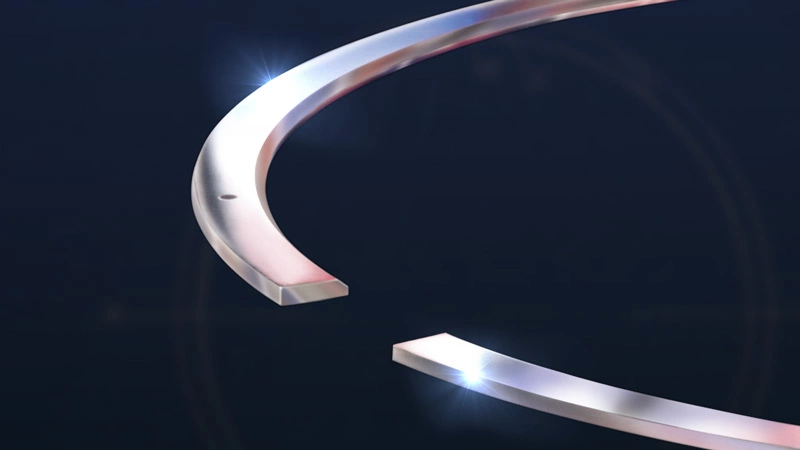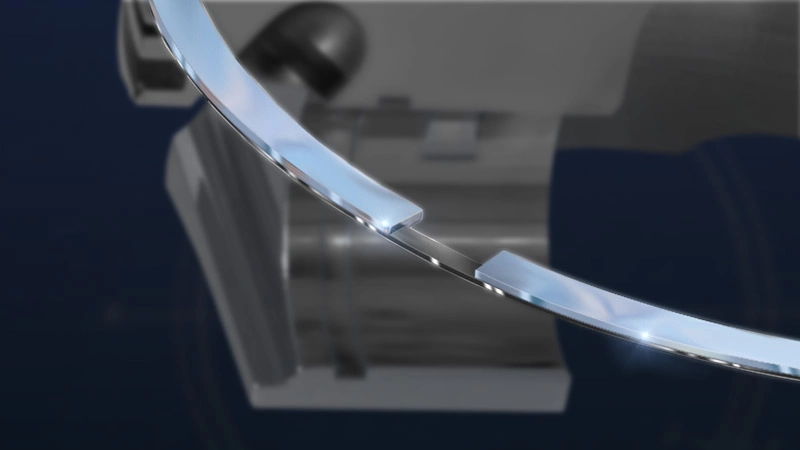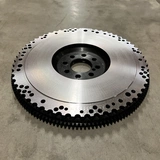Piston rings
To easily find the right piston rings:
Go to the piston kit you have, see which piston rings fit and search for that item number and your piston rings will be displayed.
Products
Piston rings
Which type of piston ring should I choose, Conventional, Gas ported or Gapless?
Step 1 - Conventional
The most common piston ring has a piston ring gap that must be ground in during assembly. It is mounted in most production engines and used in the aftermarket for racing and performance, although there are other better alternatives. See Steps 2 and 3 below.

Step 2 - Gas ported
This piston ring has better sealing ability compared to a classic piston ring. Gas-ported piston rings have strategically sized and placed horizontal slots that allow combustion gas to enter through the groove and behind the ring to gas-load the ring, providing greatly improved ring sealing.

Step 3 - Gapless
This piston ring has the best performance in terms of engine efficiency, longevity and safety.
Available as Gapless Top or gapless 2nd (second piston ring).
This type of ring has several advantages over a conventional piston ring.
- Elimination of blow-by
- Increased horsepower & torque
- Longer engine life
- Improved consistency
- Longer ring life
- Better sealing
- Saves money (fewer tear-downs)
- Cleaner, cooler engine oil
- Better oil control
- Increased intake signal
- Wider torque curve
- More engine vacuum













































